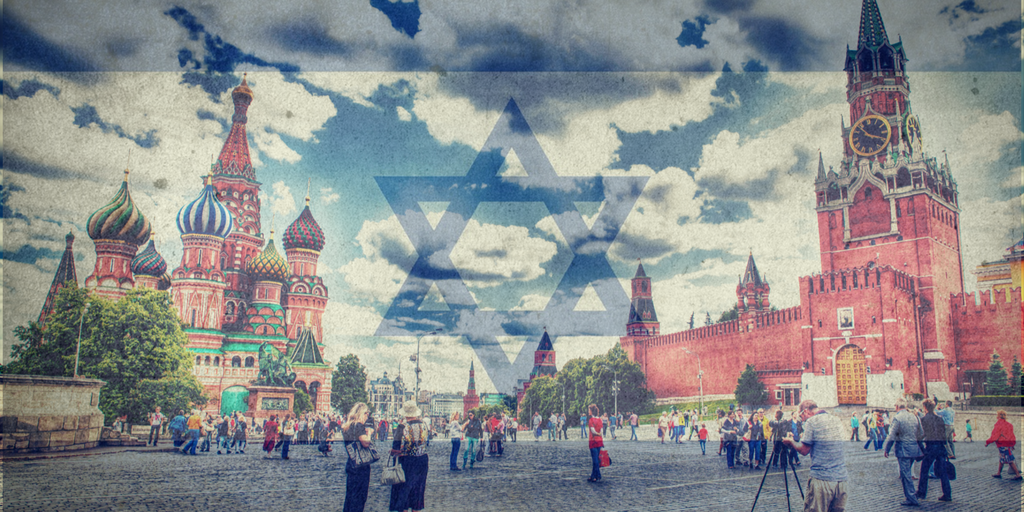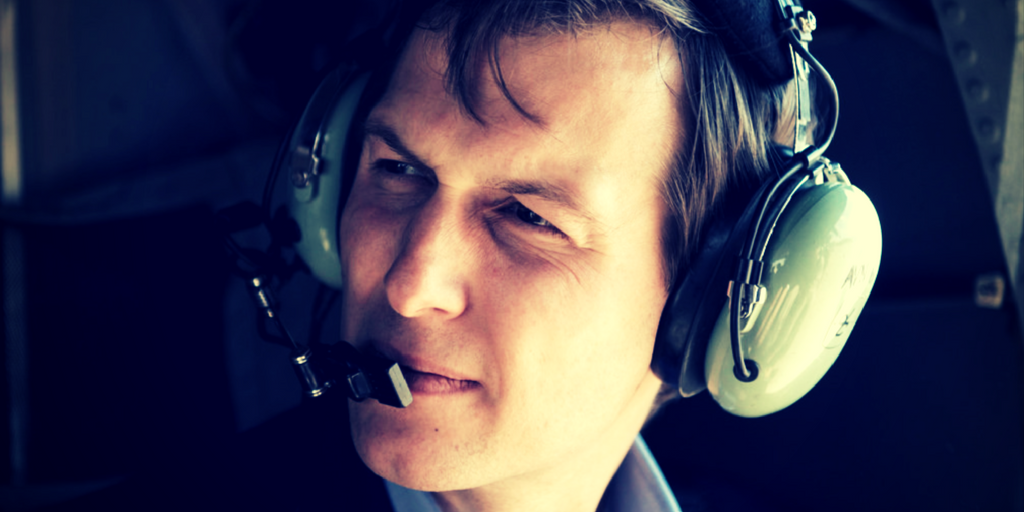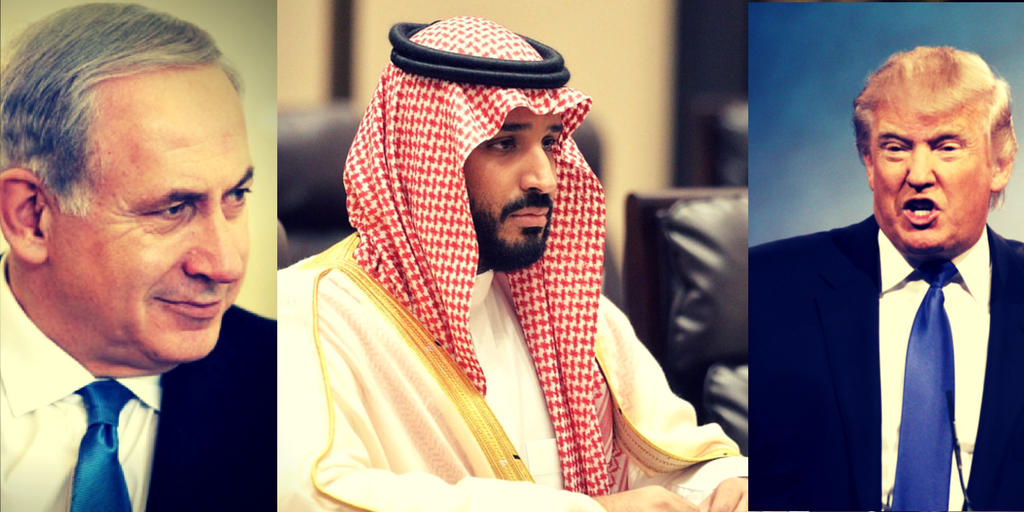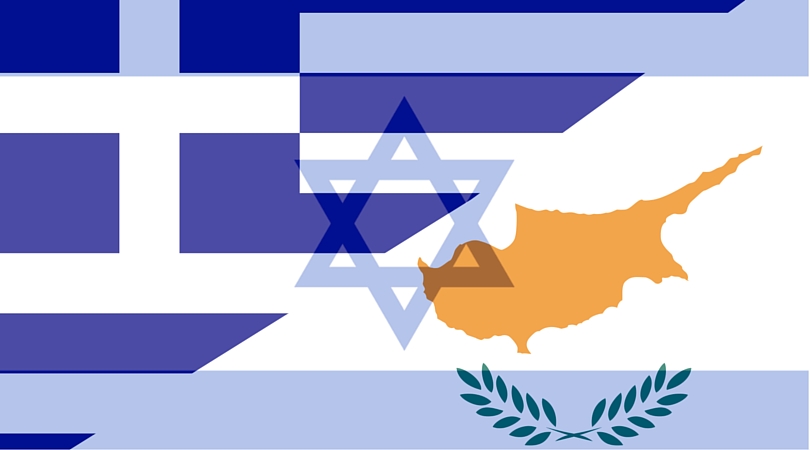Knesset Speaker Yuli Edelstein delivered a historic speech today in Moscow before the Russian Federation Council, the upper house of the Russian parliament. Speaker Edelstein, who was invited for an official visit by Federation Council Chairwoman Valentina Matviyenko, gave the speech 30 years to the day after he served a three-year sentence in a Soviet labor camp for his Zionist activities.
Edelstein opened up with the following statement:
“Thirty-three years ago I was imprisoned here in Moscow by the authorities of the Soviet Union for teaching the Hebrew language. I was imprisoned because I was teaching the language which spread to the world the ideas of rejecting tyranny, upholding the rule of justice, love of mankind and the hopes of freedom; the language in which the prophets of Israel foretold the day on which `Nation shall not lift up sword against nation; nor will they learn war anymore.` I was imprisoned because I worked to disseminate the language in which Abraham, the founder of the Jewish religion, was told ‘Go from your country, your people and your father’s household to the land I will show you.’”
“Today, I stand before you as the Speaker of Knesset Yisrael, and, in the same language which I was imprisoned for teaching, I bless you with the ancient Jewish blessing: `Shalom Aleichem`! Even in my finest dreams, I never believed I`d reach this moment. For me, this brings double closure: For me, Yuli Edelstein, and for the entire Jewish nation, which I stand here as its representative.”
Edelstein touched on the success of Israel as well as the coninuted security challenges it faces. He urged great cooperation and communication in fighting terror.
The speech itself was the first spoken by any Israeli leader. The honor is usually reserved for heads of state. Jewish life in Russia under the Soviet regime was constantly threatened. Despite the geopolitical differences between Putin and the West, Jewish life in Russia today is flourishing.
At the conclusion of his speech, Speaker Edelstein asked to convey a blessing in Hebrew from Jerusalem, “the eternal capital of the Jewish People, from which the message of justice and the war against evil has been coming out for nearly 3,000 years.” He then recited the following verse from Psalms: “Peace be within thy walls, and prosperity within thy palaces. For my brethren and companions’ sakes, I will now say: ‘Peace be within thee.’ For the sake of the house of the LORD our God I will seek thy good.”
(Information in this article was Communicated by the Knesset Media and Public Relations Division)





